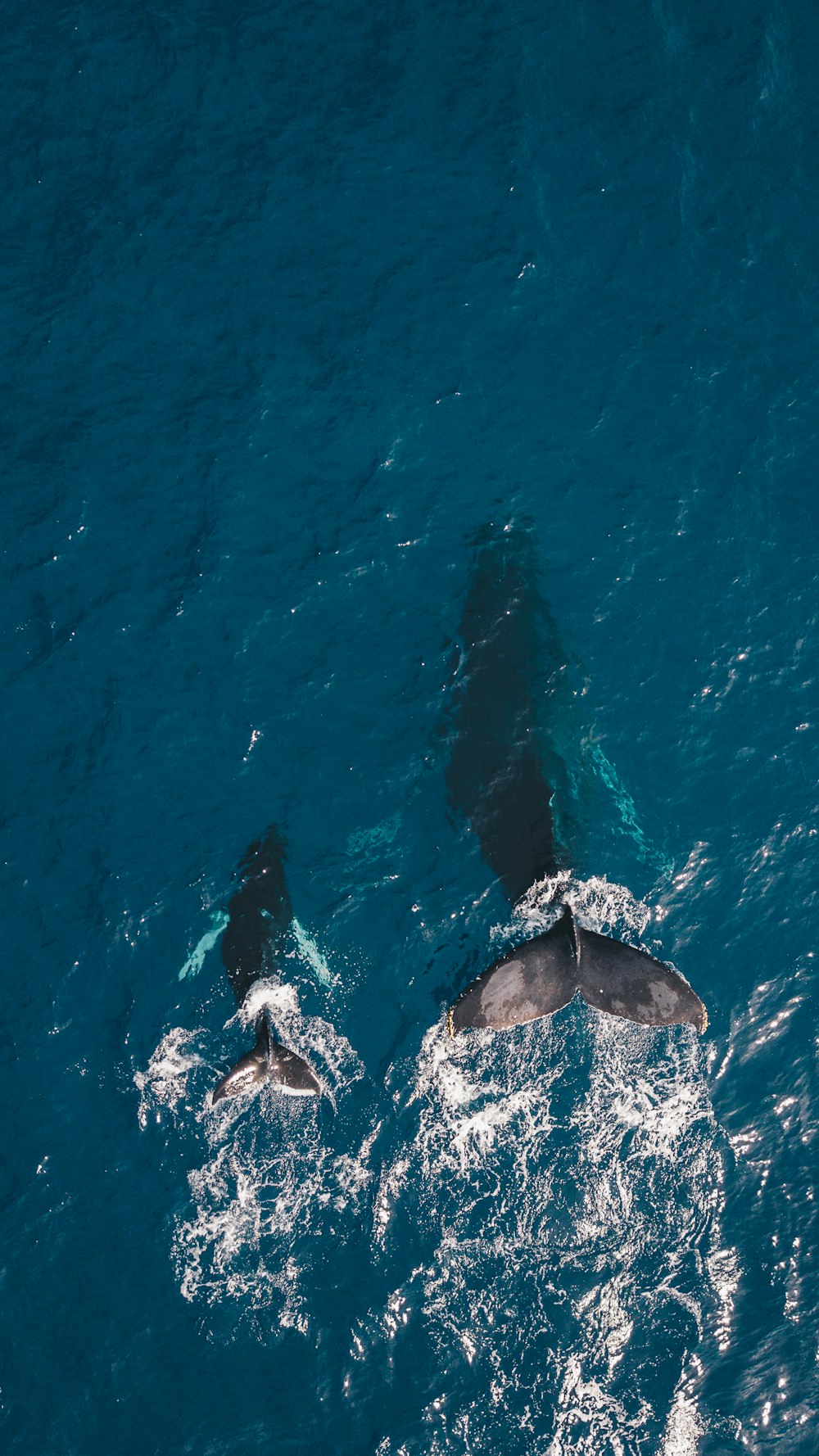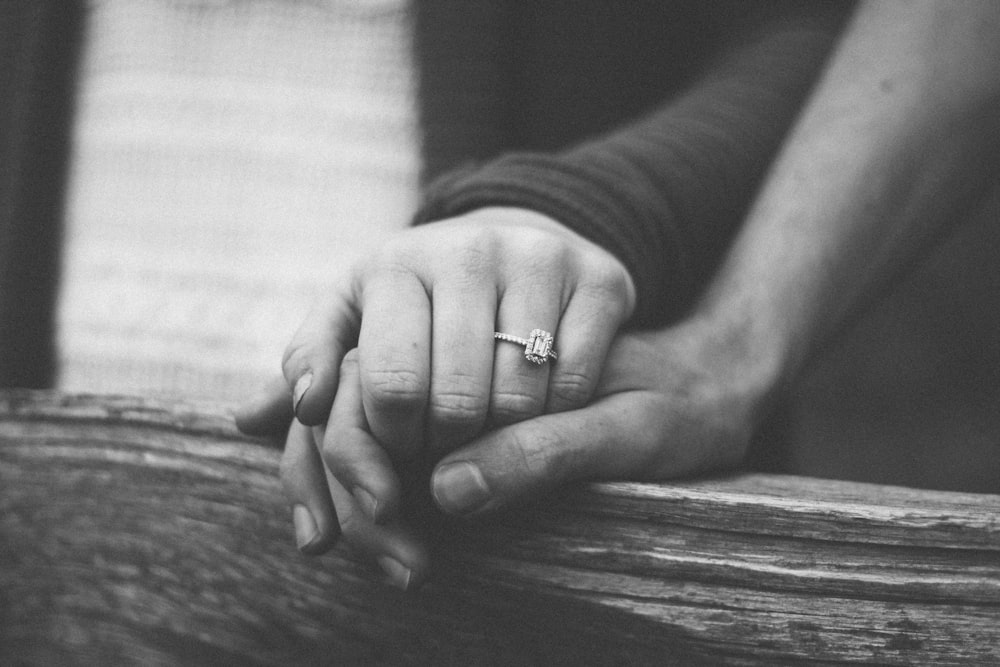Managing the Death of Your Child and How Do We Do this? There is No Correct Answer.
Hence, I often feel I have an appreciation for what young mothers encounter during adversities. Despite this self-proclaimed insight, I know so very little. Soon after feeling this story of an Ocra mother I read a human narrative in What It’s Like Being A Mother Of 2 When Only 1 Of My Children Is Alive. I think we often avoid embracing the loss and the lives lived of the dead. This further had me reflect on my collegiate years as a gymnast when my coach’s wife disclosed ...
that one of her son’s had died. I will never forget the haunting volumeness of this mother’s voice as she stated “there is nothing worse than the loss of a child… no mother should outlive her child.” In her instance her eyes were as dry as wintered mountain top, but you knew there had been rivers past and waterfalls future of the tears shed. It was managed nurtured contained sadness.
How does this relate to life and how does this relate to therapy and mental health? This is not an easy answer and leads to further ongoing discussion.
Working through life challenges and learning lessons are not always the constructs of growth which we anticipate. And often we don’t get the fruit of a rancid death until decades later. The brush fires destroying rich lands and harvests only but years later do we recognize the terrain’s new vibrant lush fertility. Therefore, what must be said is that one must often lose a great deal to get the awakening, the rebirth.
Moreover, what presents before the awakening is reverie, melancholy, depression, seclusion and a wallowing in disconnectedness. These often misunderstood emotions can be healthy and embraced for the kinetic power that they generate. However, if unmanaged, they develop into a dysthymic pit that is bleak, massive, toxic and vast. The long term effects of the death of a child on parents is supported by findings suggesting parents suffer with long lasting difficulties that include significant grief; depressive episodes following the death of a child, and that parents are at greater risk for health problems (which might or might not affect relationships), and marital problems (American Psychiatric Association, 2000; Bohannon, 1991; Parkes, 1998).
With a traumatic impact, such as the death of a child, there is a wealth of misinformation and myth pertaining to divorce after offspring death. After trauma, the most valuable form of healing is aligning with accuracy, empathy, intelligence, others, usefulness, and Yourself (AEIOU and sometimes Y). Staying together after the death of a child is not an easy accomplishment when swimming in a disconnected state. Working on your marriage while melancholy is ambitious and often problematic. However, and importantly, you can survive the traps of a bleak dysthymic marriage after the death. With the utilization of AEIOU&Y you can create opportunities of growth and indicators and identifiable signs that you and your relationship/marriage will survive your child’s death. Furthermore, recognizing the difficulties of coping with the loss of a child is a major step in the direction of healing.
Returning to the Mother Ocra biologist and observers must take note of her community of whales that are surrounding and supporting her as she grieves. They are allowing her to grieve in her own process. They recognize that she is vulnerable to prey during this time; thus, the community is bonding and in unison. The communal collective is allowing for mourning and melancholia and bereavement. Mother Ocra and managing her defined ritual - and that is okay. Can she manage and recover. Time will tell.
American Psychiatric Association. Diagnostic and statistical manual of mental disorders.4th ed., text rev. Washington, DC: Author; 2000.
Bohannon J. Grief responses of spouses following the death of a child: A longitudinal study. Omega: Journal of Death and Dying. 1991;22:109–121.
Parkes CM. Bereavement: Studies of grief in adult life. 3rd ed. Madison, CT: International Universities Press; 1998.
Photo by guille pozzi on Unsplash
Photo by Shelby Deeter on Unsplash
Read more about Dr. Strayhorn's practice and philosophy...



No comments:
Post a Comment